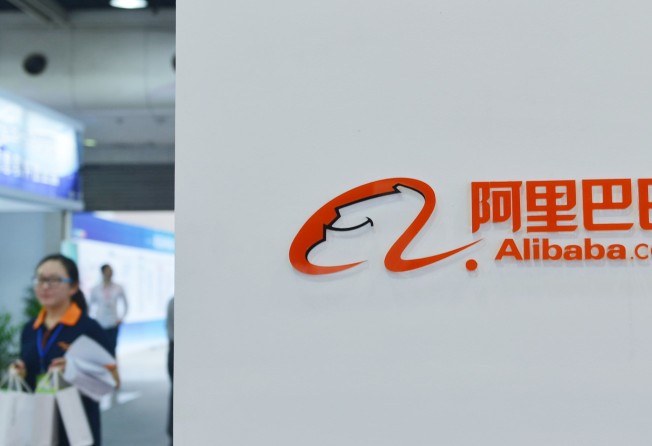Early Alibaba backer says e-commerce giant is far from its peak

Investors may have cooled on Alibaba Group Holding Ltd. as its profit margins narrow, but one of its early backers says the e-commerce giant is far from its peak.
John Ho, founder and chief investment officer of Janchor Partners Ltd., a $4 billion fund whose 2012 stake in Alibaba has grown several times in value, said the Hangzhou-based behemoth will likely become a trillion dollar company in less than a decade.
While the company is already valued at $450 billion, it’s only just starting to tap the potential of using its treasure trove of consumer and user data to transform the $5 trillion bricks-and-mortar retail industry in China, he said.
“The bedrock is that they touch many consumers and know a lot about them,” said Ho in an interview. Alibaba has access to user data collected across its platforms that span shopping, food delivery, bike rentals and videos -- all linked by its mobile payments provider Alipay. “They’re not at their peak. With this foundation, the potential to transform many consumer services is huge.”
Alibaba management said at the time the investments would go from being margin drags to providing new sources of revenue. Janchor is a believer, so are analysts following Alibaba. According to data compiled by Bloomberg, Alibaba still boasts 48 buy ratings, 1 hold and no sells.
Can start-ups remain independent of China’s tech giants?
Hong Kong-based Janchor, which participated in Alibaba’s 2012 convertible preferred share sale, has co-authored a new report with consultancy Oliver Wyman that explores how the e-commerce giant and its arch-rival, Tencent Holdings Ltd., are carving up the grocery shopping landscape. They’re doing this through partnerships with existing retail giants like Walmart Inc. and Yonghui Superstores Co., but also with their own new hybrid creations.
“Early signs indicate that such offline-to-online stores will go beyond an interesting experiment and significantly change the retail landscape,” the analysts said in the report. “Hema stores are already attracting younger, wealthier, tech-savvy shoppers, a coveted group.”

Key to its success is that Alibaba knows so much about every shopper through the data the company collects across its various platforms that it can predict and personalize what consumers want to buy -- fueling more consumption, said Oliver Wyman’s Chan. For example, a consumer may be watching Korean dramas on Alibaba’s video platform Youku Tudou but not be purchasing Korean cosmetics on its shopping portals. Knowing this consumer’s interest in Korean culture, Alibaba can nudge him or her toward these products through targeted marketing and vouchers.
Alibaba acquires food delivery platform Ele.me as it ramps up new retail strategy
Alibaba and Tencent will help their bricks-and-mortar partners drive additional revenue through better apps, inventory integration and delivery support. In return, these retail chains -- which still sell 90 percent of all groceries in China currently -- can provide them with a further bonanza of data on customers that come through stores, further adding to the Internet giants’ understanding of consumers.
“These two companies have so much information about a consumer that they can divert online traffic, eyeballs, or even physical traffic to stores,” Chan said.
Alibaba is the parent company of the South China Morning Post.